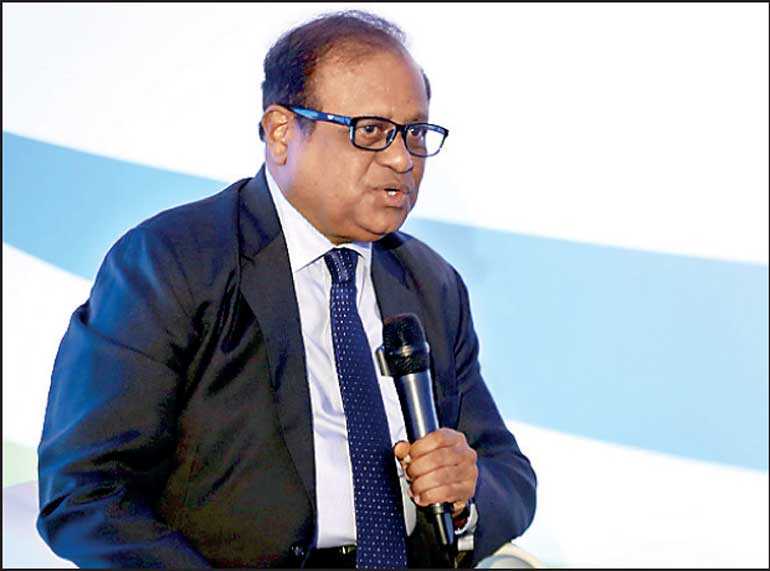Tuesday Feb 17, 2026
Tuesday Feb 17, 2026
Friday, 7 February 2020 00:00 - - {{hitsCtrl.values.hits}}


The 21st century has been marked by rapid economic, social, political, technological, cultural and environmental changes that have had a profound impact on communities and countries across the world. Complex challenges including climate change, increased urbanisation and deepening inequalities are taking place at an unparalleled and on a dramatic scale against the backdrop of technological progress. As a result, State institutions render it difficult to rely on systems of the past leading to relevance gaps that hinder economic and social progress.
Recognising the need for Sri Lanka to enhance the effectiveness of the governance systems to keep pace with challenges in the country, the United Nations Development Programme (UNDP) in Sri Lanka in partnership with the South Asia Centre of the London School of Economics and Political Science, and in collaboration with the Faculty of Graduate Studies, University of Colombo and Citra Social Innovation Lab - convened the fourth edition of the Colombo Development Dialogues (CDD) focusing on ‘Public Sector Modernisation’.
The Colombo Development Dialogues is the flagship policy initiative of UNDP that seeks to contribute to the policy ecosystem and develop contextualised policy recommendations and related knowledge products to ensure that developmental interventions are made more meaningful by being underpinned by policy ideas. Hence, the dialogue aimed to increase the capacity of the Sri Lankan government to better understand the complex challenges faced by the country, and the ways in which government officials can be empowered to provide solutions with human-centred approaches.
The dialogue comprised a diverse group of development practitioners and policymakers including State Minister of International Cooperation Susil Premajayantha,; Chairman of the National Salaries and Cadre Commission S. Ranugge,; Additional Secretary to the President at the Presidential Secretariat Chandima Wickramasinghe; Professorial Fellow of the Institute of Development Studies at the University of Sussex Prof. Michael Moore; and Deputy Director of the South Asia Centre at the London School of Economics and Political Science Dr. Nilanjan Sarkar moderating the session.
Speaking at the dialogue, Minister Premajayantha highlighted: “Public sector modernisation will greatly help reduce implementation gaps and make the public sector more efficient for the people of Sri Lanka.”
Wickramasinghe added, “Sri Lanka’s public sector workforce consists of 1.1million individuals. Reform is essential as the public sector has a major role to play in policy formulation,” while Prof. Michael Moore further emphasised that what is left is ‘political will and action’ to implement public sector modernisation in Sri Lanka.
The public sector plays a vital role in improving people’s lives. As countries enter a ‘Decade of Action’ with only 10 years left to achieve the Sustainable Development Goals (SDGs), public sector modernisation is a necessary way forward for Sri Lanka to realise the 2030 Agenda.